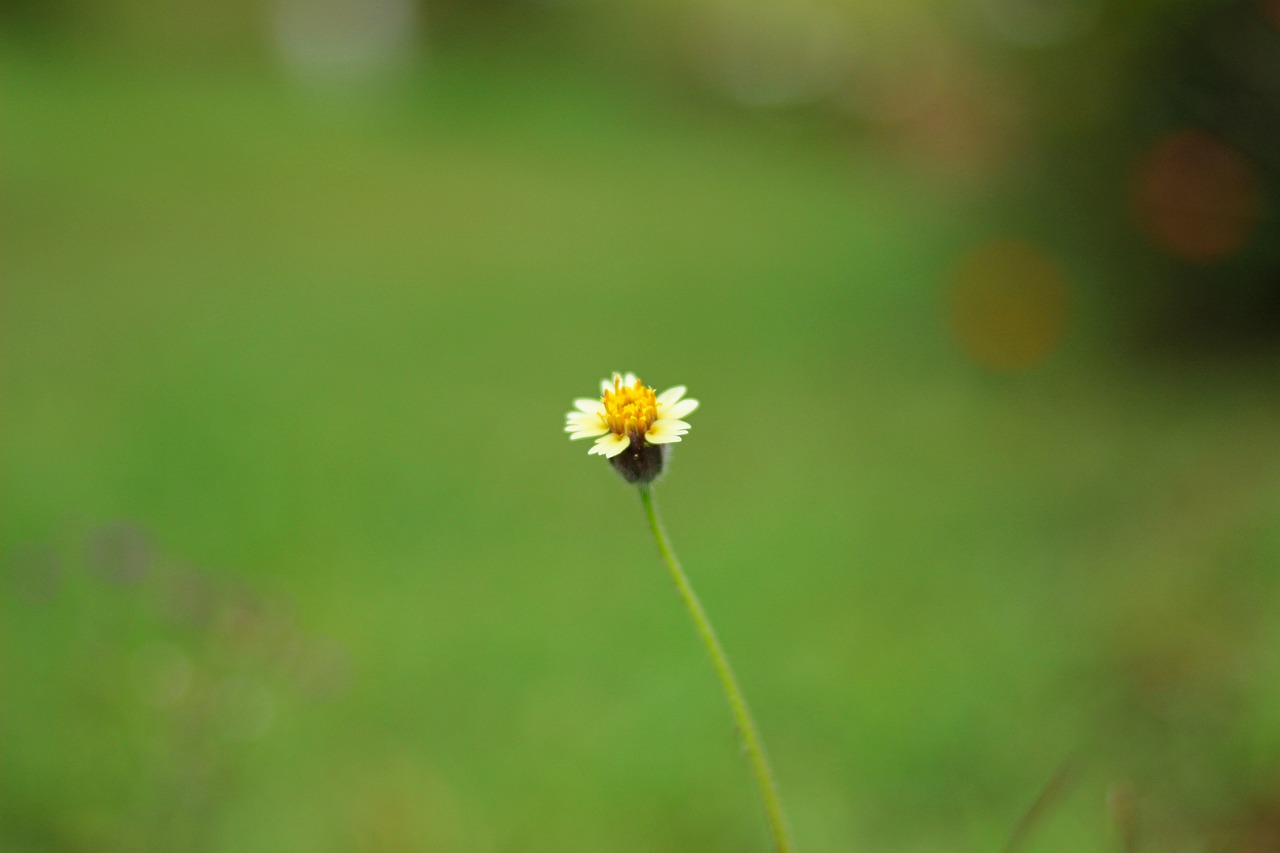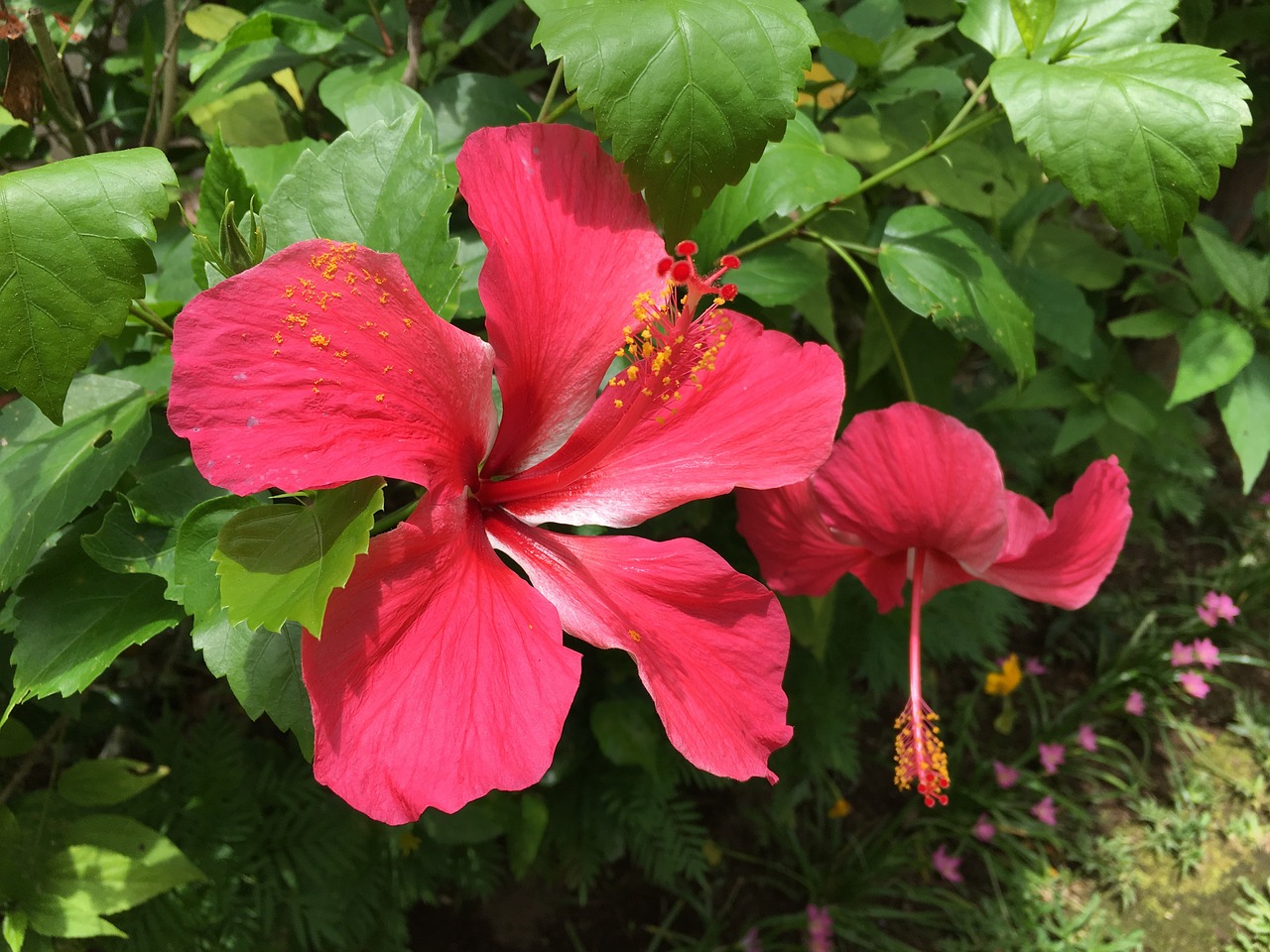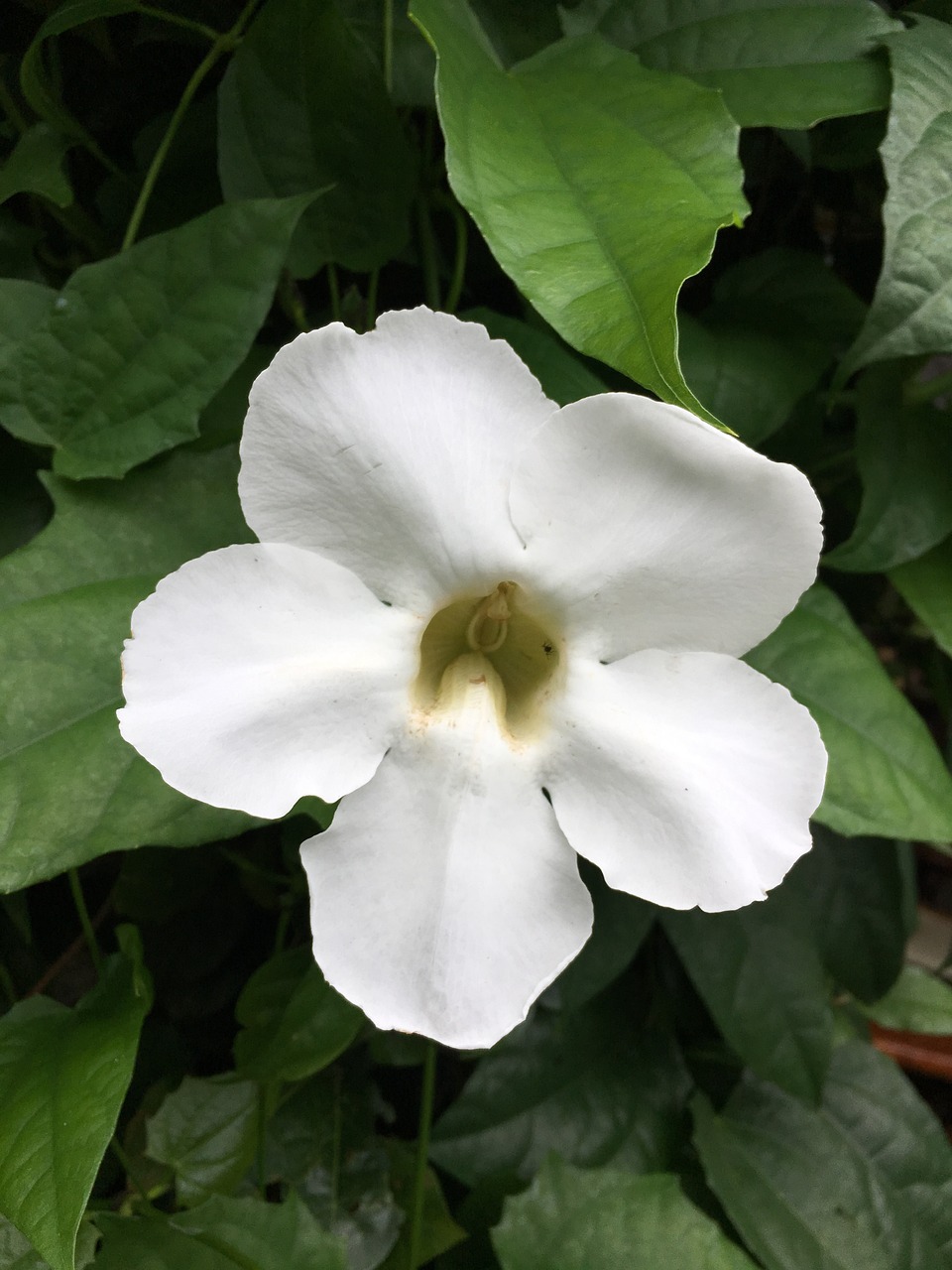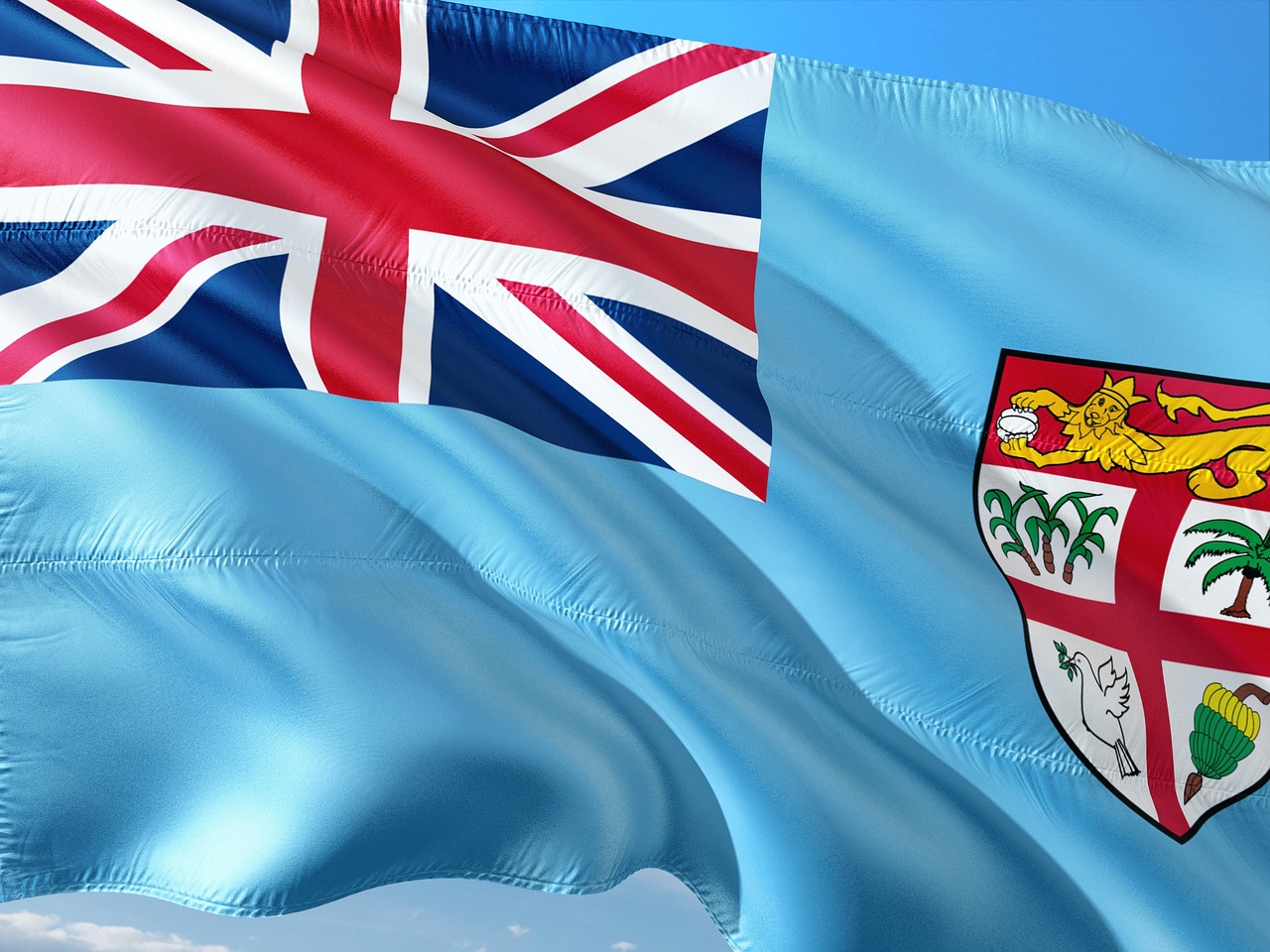Fiji Video
Cultural Sensitivities: Understanding Local Norms in Fiji
Fiji, an archipelago in the South Pacific, is known for its stunning natural beauty, warm hospitality, and vibrant culture. As a visitor to this tropical paradise, it is essential to understand and respect the local norms and cultural sensitivities. By doing so, you can ensure a more enjoyable and meaningful experience. In this article, we will explore various aspects of Fiji’s cultural sensitivities, providing you with valuable insights for your journey.
Traditional Greetings and Etiquette
When interacting with Fijians, it is customary to greet them with a warm smile and a friendly “Bula!” This traditional greeting signifies welcome and goodwill. It is important to reciprocate the greeting and acknowledge others respectfully. Handshakes are also common, but avoid strong handshakes as they may be seen as aggressive. When visiting someone’s home or a village, it is customary to bring a small gift, such as kava root or fruits, as a token of appreciation.
- Kava Ceremony: The kava ceremony is an integral part of Fijian culture. Kava, a traditional drink made from the root of the kava plant, is shared as a sign of respect and friendship. During the ceremony, the kava is prepared by a designated person called the “taki.” It is important to participate respectfully, accept the cup of kava with both hands, and drink it in one gulp.
- Dress Code: When visiting villages or attending formal events, it is advisable to dress modestly. Women should avoid wearing revealing clothing, while men are expected to wear a shirt and long pants. Wearing a sulu (Fijian sarong) is also appropriate for both men and women.
- Removing Shoes: It is customary to remove your shoes when entering someone’s home or a Fijian bure (traditional house). This practice shows respect and cleanliness.
- Taboos: Fijians have certain taboos, known as “tabu” in the Fijian language. These may vary from village to village, but common taboos include not wearing a hat inside a village, not touching someone’s head, and not pointing with your finger.
Religious and Spiritual Practices
Fiji is a multicultural country with various religious beliefs and practices. It is important to be respectful of these practices and to observe appropriate behavior when visiting religious sites or participating in ceremonies.
- Places of Worship: Fiji has a significant population of Hindus, Muslims, Christians, and other religious groups. When visiting a temple, mosque, or church, it is important to dress modestly, remove your shoes before entering, and follow any specific guidelines provided by the religious leaders.
- Respecting Sacred Spaces: Fijians have sacred sites known as “yavu” or “tabu.” These areas are considered spiritually significant and should be treated with utmost respect. It is advisable to seek permission before entering these spaces and to follow any instructions given by the local community.
- Religious Festivals: Fiji celebrates various religious festivals throughout the year. These festivals often involve processions, music, and feasts. If you are fortunate enough to witness or participate in these festivities, be mindful of the customs and traditions associated with each celebration.
Environmental Awareness
Fiji’s pristine environment is a vital part of its cultural heritage. It is crucial to be environmentally conscious and respectful of the natural surroundings during your visit.
- Coral Reefs and Marine Life: Fiji is renowned for its breathtaking coral reefs and diverse marine life. When snorkeling or diving, avoid touching or damaging the coral, as it is a fragile ecosystem. Respect marine life by maintaining a safe distance and not disturbing their natural habitats.
- Land and Forests: Fijians have a deep connection with their land and forests. It is important to respect any signs or restrictions in protected areas and to avoid littering. Leave nature as you found it and do not remove any plants, shells, or other natural resources.
- Sustainable Practices: Support local initiatives that promote sustainability and conservation. Choose eco-friendly accommodations, participate in responsible tourism activities, and minimize your ecological footprint during your stay in Fiji.
Cuisine and Dining Etiquette
Fijian cuisine is a delightful fusion of flavors influenced by Indian, Chinese, Polynesian, and European culinary traditions. When dining in Fiji, it is helpful to be aware of the local dining etiquette.
- Sharing Meals: Fijians often share meals communally. It is common to sit on the floor or at a low table, known as a “matanitu.” When invited to share a meal, accept with gratitude and eat with your right hand, as eating with the left hand is considered impolite.
- Drinking Yaqona (Kava): As mentioned earlier, kava is an important part of Fijian culture. When participating in a kava ceremony, it is customary to accept the cup with both hands, clap once, drink in one gulp, and say “bula” as a sign of appreciation.
- Food Offerings: If you are invited to someone’s home, it is polite to bring a small gift or contribute to the meal. Avoid wasting food and finish what is on your plate as a sign of respect for the host’s hospitality.
Festivals and Celebrations
Fiji is known for its vibrant festivals and celebrations that showcase the rich cultural diversity of the islands. Attending these festivities allows you to immerse yourself in the local traditions and experience the true spirit of Fiji.
- Fiji Day: Celebrated on October 10th, Fiji Day commemorates the country’s independence from British colonial rule. Festivities include parades, cultural performances, and fireworks.
- Diwali: Diwali, also known as the Festival of Lights, is a significant Hindu festival celebrated with great enthusiasm in Fiji. It involves lighting oil lamps, exchanging gifts, and enjoying delicious sweets.
- Bula Festival: Held in Nadi, the Bula Festival is a week-long celebration of Fijian culture. It features beauty pageants, traditional dance performances, and a grand parade.
Fiji Image 1:

Traditional Arts and Crafts
Fijians have a rich tradition of arts and crafts, showcasing their creativity and cultural heritage. Exploring these traditional art forms provides a deeper understanding of Fiji’s cultural identity.
- Woodcarving: Fijian woodcarving is renowned for its intricate designs and symbolism. Traditional wooden masks, bowls, and war clubs are among the exquisite pieces crafted by local artisans.
- Mats and Tapa Cloth: Mats woven from pandanus leaves and tapa cloth made from beaten bark are traditional handicrafts in Fiji. These items are not only functional but also hold cultural significance.
- Shell Jewelry: Shell jewelry, such as necklaces and bracelets, is a popular form of adornment in Fiji. The shells used in these creations are sourced from the surrounding ocean and reflect the beauty of the islands.
Fiji Image 2:

Language and Communication
The official languages of Fiji are English, Fijian, and Hindi. While English is widely spoken, learning a few Fijian phrases can go a long way in connecting with the locals and showing your respect for their culture.
- Greetings: Apart from “Bula,” learning basic greetings like “vinaka” (thank you) and “moce” (goodbye) can help you engage with Fijians on a more personal level.
- Respecting Elders: When addressing elders or people of authority, it is customary to use appropriate titles like “Tui” for a chief or “Marama” for a lady.
- Non-Verbal Communication: Pay attention to non-verbal cues, such as body language and facial expressions. Fijians are generally warm and expressive, so reciprocating their gestures can enhance communication.
Customs and Superstitions
Fijians have a rich tapestry of customs and superstitions that have been passed down through generations. Respecting these beliefs can contribute to a harmonious cultural exchange.
- Tambu: The tambu is a sacred place where certain activities or behaviors are prohibited. It is important to be aware of any tambu areas and refrain from entering or engaging in activities that may be considered disrespectful.
- Mana: Mana refers to a spiritual power or energy that is believed to exist in all living things. It is important to show respect for the mana of others, including their personal belongings and cultural artifacts.
- Sevusevu: Sevusevu is a traditional Fijian ceremony performed when entering a village or participating in a significant event. It involves presenting a gift, such as yaqona (kava), to the village chief as a sign of respect and seeking permission to be in the community.
Fiji Image 3:

Conclusion
Understanding the cultural sensitivities and local norms in Fiji is essential for a rewarding and respectful experience. By embracing the customs, traditions, and etiquette of the Fijian people, you can forge meaningful connections and create lasting memories. Remember to approach your interactions with an open mind, genuine curiosity, and a willingness to learn from the rich cultural tapestry that Fiji has to offer.
References
– fiji.travel
– lonelyplanet.com
– fiji.gov.fj
– fijisun.com.fj
– fijivillage.com


